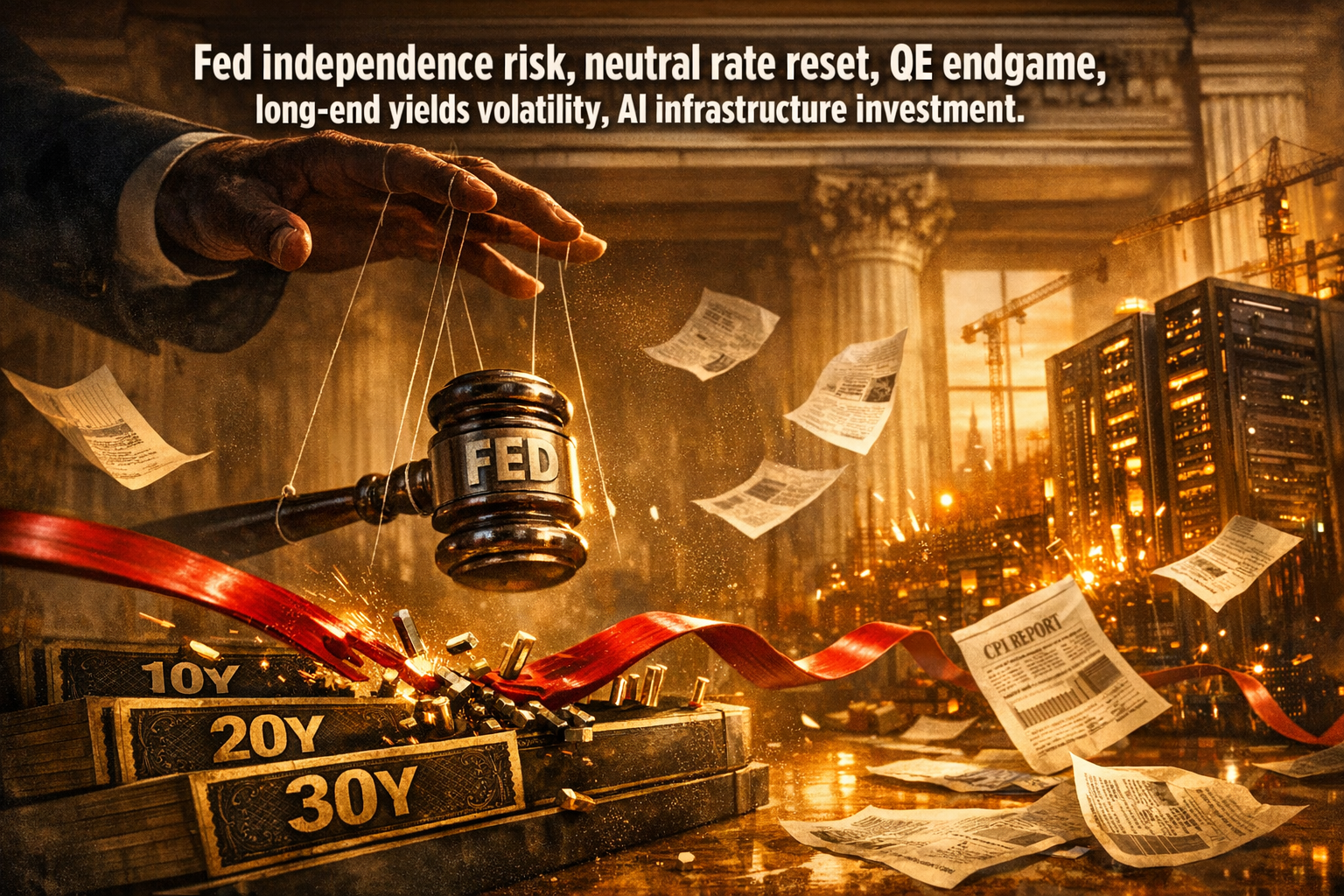● Apathy, Japanese Politics, Disinterest
The Underneath of Politics in Japan and South Korea and Its Impact on the Economy – Latest Global Economic Outlook
A detailed analysis of how the political systems and election methods in Japan and South Korea, along with their reporting styles, influence the overall economy.
It examines the repercussions of political participation rates, uncontested elections, and the diversity of media coverage on the global economy and political stability.
This article systematically organizes key aspects such as low public political engagement in Japan, peculiarities of its election system, the integration of entertainment with politics, and political culture distinct from that of South Korea.
1. Characteristics of Political Participation and Election Systems
In Japan, approximately 30% of candidates in local government elections run unopposed, indicating a significantly low level of public political participation.
This often leads to candidates being selected more for their appearance or entertainment skills than for their expertise.
In contrast to South Korea, where candidates emphasize their expertise and experience, Japan often sees elections driven by simple popularity.
This difference in political engagement has a long-term impact on a country’s economic stability and policy execution.
2. Differences in Political Culture and Public Opinion Reporting
Political reporting in Japan tends to be less provocative, often presented in entertainment or talk show formats rather than detailed professional analysis.
While diverse media outlets exist, such as Sankei, Nikkei, Yomiuri, Asahi, and Tokyo Shimbun, each embodies a blend of conservative and progressive perspectives, making it difficult to form a judgment based on a single source.
Conversely, South Korea’s political reporting emphasizes the opinions of scholars, experts, and expert groups, engaging in sharper critiques and analyses.
These differences in reporting methods affect public political awareness and policy decisions, subsequently impacting economic policies and global investment sentiment.
3. The Fusion of Entertainment and Politics
In Japanese politics, it is common for non-traditional figures such as comedians, entertainers, and famous broadcasters to appear on the political stage.
This often reduces politics beyond mere policy implementation, turning it into a subject of lighthearted public interest.
As the line between politics and entertainment blurs, public awareness or confidence in economic policies throughout society may decline.
For example, election posters may feature excessively stimulating images, indicating a somewhat diluted moral standard.
4. The Correlation Between Political Events and the Economy
Monetary transactions, such as politicians’ use of personal funds and congratulatory gifts from party leaders post-election, are closely tied to politics, causing issues of trust throughout society.
This phenomenon is a crucial variable for both domestic and foreign investors when assessing the political stability of the country.
Differences in political and election-related cultures between Japan and South Korea can be linked to long-term economic growth rates, investment conditions, and the global economic order.
Ultimately, the transparency of politics and increased public participation are directly related to enhancing the efficiency of economic policies.
5. Media Coverage and Global Economic Outlook
The manner in which each country’s media handles political issues can be an important measure of the uncertainty of the global economy.
Japan maintains a stable reporting attitude and a relatively moderate perspective, whereas South Korea sometimes exhibits emotional or biased views in its reporting.
These two approaches serve as important keywords when international investors evaluate the economic prospects of these countries, contributing to forecasting the future by combining keywords such as economy, global, politics, Japan, and South Korea.
Summary
Political Participation and Election Systems
Japan is characterized by low political participation and high rates of uncontested elections, with candidates tending to rely on entertainment appeal.
Media and Reporting Methods
Japan shows moderate reporting, while South Korea presents expert analysis and sharp criticism, affecting political awareness and economic stability.
Entertainment and Political Fusion
Non-traditional figures emerge onto the political stage, and the blurred boundaries between politics and entertainment affect social credibility.
Political and Economic Correlation
The use of funds by politicians and congratulatory gifts after elections affect economic investment sentiment and the global economic outlook.
SEO Core Keywords: Economy, Global, Politics, Japan, South Korea.
[Related Posts…]
Political Trend Analysis
Election System Comparison
*YouTube Source: [와이스트릿 – 지식과 자산의 복리효과]
– 성진국 국회의원 포스터 수준…일본인들의 정치에 무관심한 이유 / 염종순 대표 (1부)



